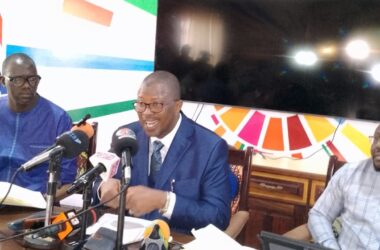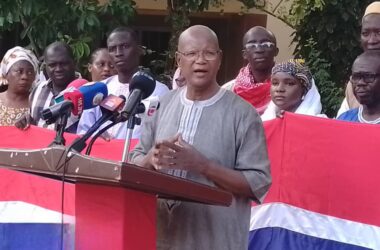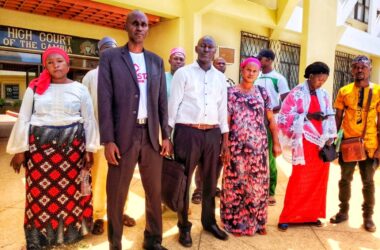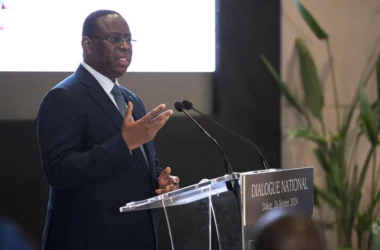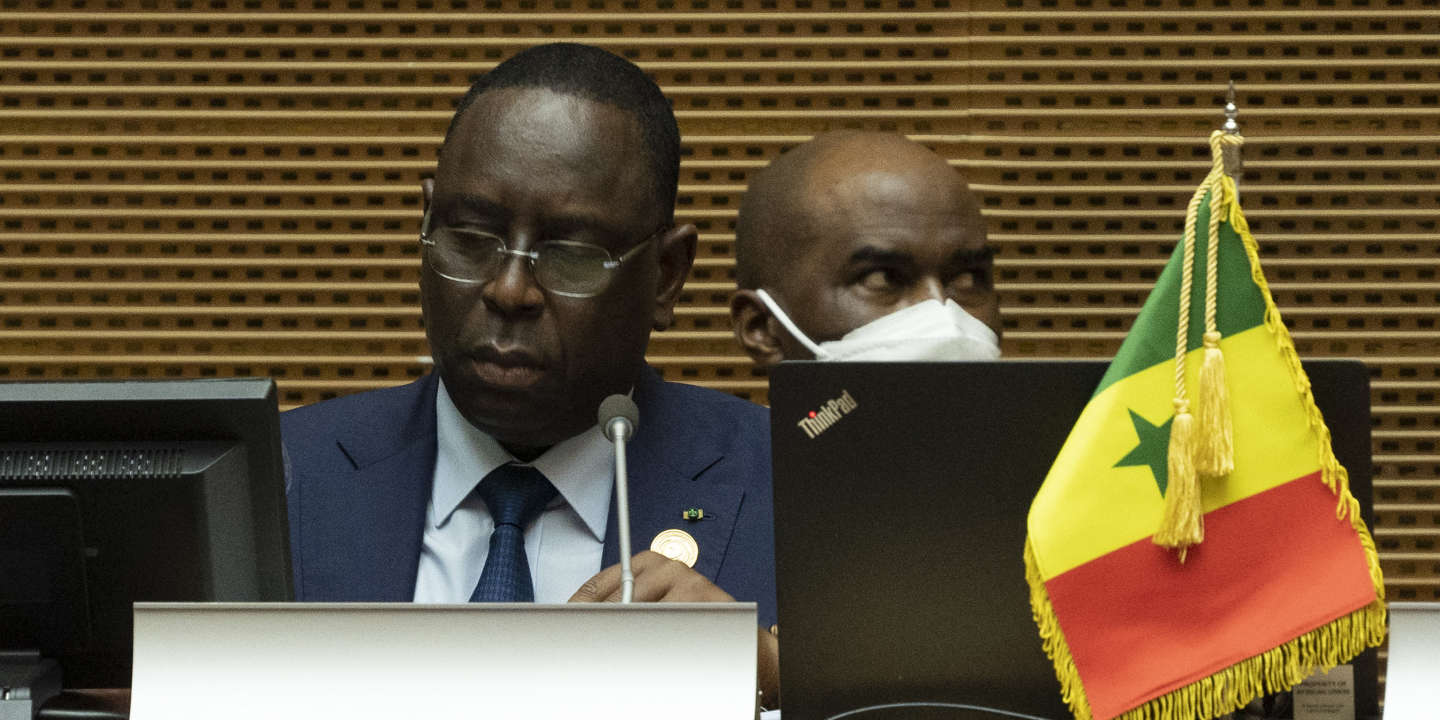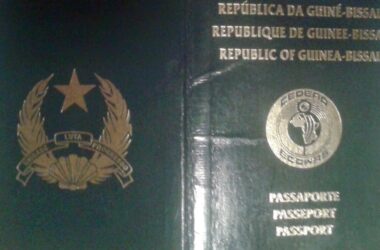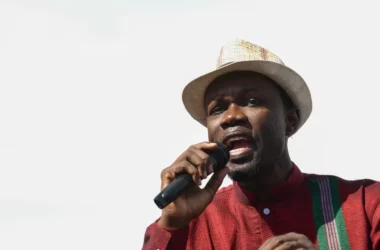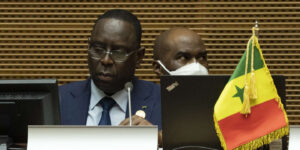
Six months after the local elections, the Senegalese voters are once again called to the polls for a new composition of the National Assembly.
In principle, the July 31, 2022 legislative elections are the beginning of a sprint down the stretch that leads directly to the February 2024 Presidential elections.
“For the government, the challenge is to obtain a comfortable majority that will allow the President of the Republic to pursue his policy for the nation. For the opposition, the objective is to reverse the trend in order to experience, probably for the first time in Senegal, a cohabitation (the president losing parliamentary majority),” said Maurice Soudieck Dione, a teacher-researcher in political science at the Gaston Berger University of Saint-Louis (UGB, North).
Beyond the 165 seats up for grabs in parliament, these elections are of vital importance for the political parties involved.
As expected, the issue of a possible third term for President Macky Sall makes these legislative polls “decisive for the distribution of political forces,” Dione further said.
Senegalese journalist Mor Amar explains: “if Macky Sall does not run for another term, there will now be jockeying for position in his camp over his succession. If, as some suspect, the head of state intends to seek re-election, he will then gauge his popularity rating by these elections. In this case, losing them could definitively bury such ambitions should they exist”.
Maurice Soudieck Dione added ”That is why the opposition is playing on this card. It is a political strategy that will allow him to presidentialized the legislative elections while excluding Macky Sall”.
In the absence of reliable polls, officially banned since 1986 in Senegal, the local elections of January 23 remain “the only political barometer” in the eyes of Mr. Amar of the local daily EnQuete.
On this basis, he argued, “the presidential side has a majority in many towns. The supporters of the government have a head start on the opposition, especially since they have managed to overcome their divisions during the last territorial elections” materialized by the formation of competing lists within the same party.
The victory of the presidential coalition Benno Bokk Yakaar (United by the Same Hope, in the Wolof language) should be put into perspective, according to Mr. Dione, because “in the country’s main electoral strongholds, the opposition has won here and achieved very appreciable scores there” while “the electorate is not very large” where it has generally lost.
To maximize their chances, two major opposition coalitions, namely Yewwi Askan Wi (Liberate the People, in Wolof), of which Ousmane Sonko is a member, and Wallu Senegal (Save Senegal, in Wolof), led by the Senegalese Democratic Party (PDS) of former president Abdoulaye Wade (2000-2012), have formed an alliance at the local level in the districts that elect “the largest number of MPs,” says Maurice Soudieck Dione, author of a doctoral thesis entitled “The process of institutionalizing democracy in Senegal.”
This specialist in Senegalese politics considers that the inter-coalition of the opposition “can have strong votes even if the component of the holders on the national list of Yewwi Askan Wi has been invalidated” by the Constitutional Council for the registration of a person on the list of holders and on the list of substitutes.
For his part, Mor Amar insists on the communication of allies to their voters so that this strategy bears fruit in the ballot box.
In total, eight lists have been validated for the legislative polls of July 31, 2022.
These are the Bokk Gis Gis/Liggey Coalition (Shared Vision/Work, in Wolof), the Naataange Askan Wi Coalition (Prosperity of the People, in Wolof), the Alternative Coalition for Another Assembly, the Buntu Bi coalition (The voice, in Wolof) and the Servants Coalition.
National Assembly Speaker since 2012, Moustapha Niasse will step down at the end of the 13th legislature that has been in place since 2017.
The election campaign, which began last Sunday, will end on July 29.
Writing by Ibrahima Dione
(APA)



